Share Food, Cut Waste
Share Food, Cut Waste
From words to action: surplus food management to tackle food poverty and food waste.
Introduction to the Sustainability series
This MOOC is part of the series on “Sustainability”, which is one of the world’s major challenges of today and tomorrow and requires multidisciplinary competences. The series provides technical knowledge on a variety of topics, such as sustainable building, energy transition, water management and food waste prevention.
See the full seriesCourse description
This course is addressed to all those who are interested in reducing food waste and enhancing food security for people in need. Producers, food transformers, distributors, HoReCa enterprises and non-profit organizations, as well as consumers and citizens, can get new insights on issues such as the food waste hierarchy, food donation, healthy and responsible patterns of food consumption, food banking. The course also offers operational guidelines, best practices and conceptual models to managers, employees and volunteers who want to get proficient in surplus food re-use and re-distribution.
Total workload of the course: 5 hours
This MOOC is provided by Politecnico di Milano.
Share Food, Cut Waste is a joint initiative of Politecnico di Milano and Fondazione Banco Alimentare ONLUS, a large Italian food bank.
Intended Learning Outcomes
By actively participating in this MOOC, you will be able to:
-
Illustrate the concepts of food security and food surplus.
ESCO skills: food ethics; food storage; food policy -
Describe phenomena such as the food waste hierarchy, food donation, healthy and responsible
patterns of food consumption, and food banking.
ESCO skills: waste management; coordinate waste management procedures -
Describe how surplus food arises and how unsold or unserved food can still be put to good use,
through re-use and re-distribution processes.
ESCO skills: food storage; waste management -
List criteria and operational processes that support an efficient and socially oriented
management of surplus food, and explain how new materials and packaging solutions can enhance
food safety and resource efficiency.
ESCO skill: food engineering
Prerequisites
No formal knowledge is required.
Activities
Over and above consulting the content, in the form of videos and other web-based resources, you will have the opportunity to discuss course topics and to share ideas with your peers in the Forum of this MOOC. The forum of this MOOC is freely accessible, and participation is not guided; you can use it to compare yourself with other participants, or to discuss course contents with them.
Assessment
Your final grade for the course will be based on the results of your answers to the assessed quizzes. You have an unlimited number of attempts at each quiz. You will have successfully completed the course if you score a total of 60% (or higher) in all assessed quizzes.
The maximum score possible for each quiz is given at the beginning of the quiz. You can view your score in the quiz on your last attempt or on the 'Grades' page.
Certificate
You can achieve a certificate in the form of an Open Badge for this course if you obtain at least 60% of the total score in the graded quizzes and complete the final survey.
Once you have completed the required tasks, you will be able to access ‘Get the Open Badge’ and start issuing the badge. Instructions on how to access the badge will be sent to your e-mail address.
The Badge does not confer any academic credit, grade or degree.
Information about fees and access to materials
You can access the course absolutely free of charge and completely online.
Course faculty
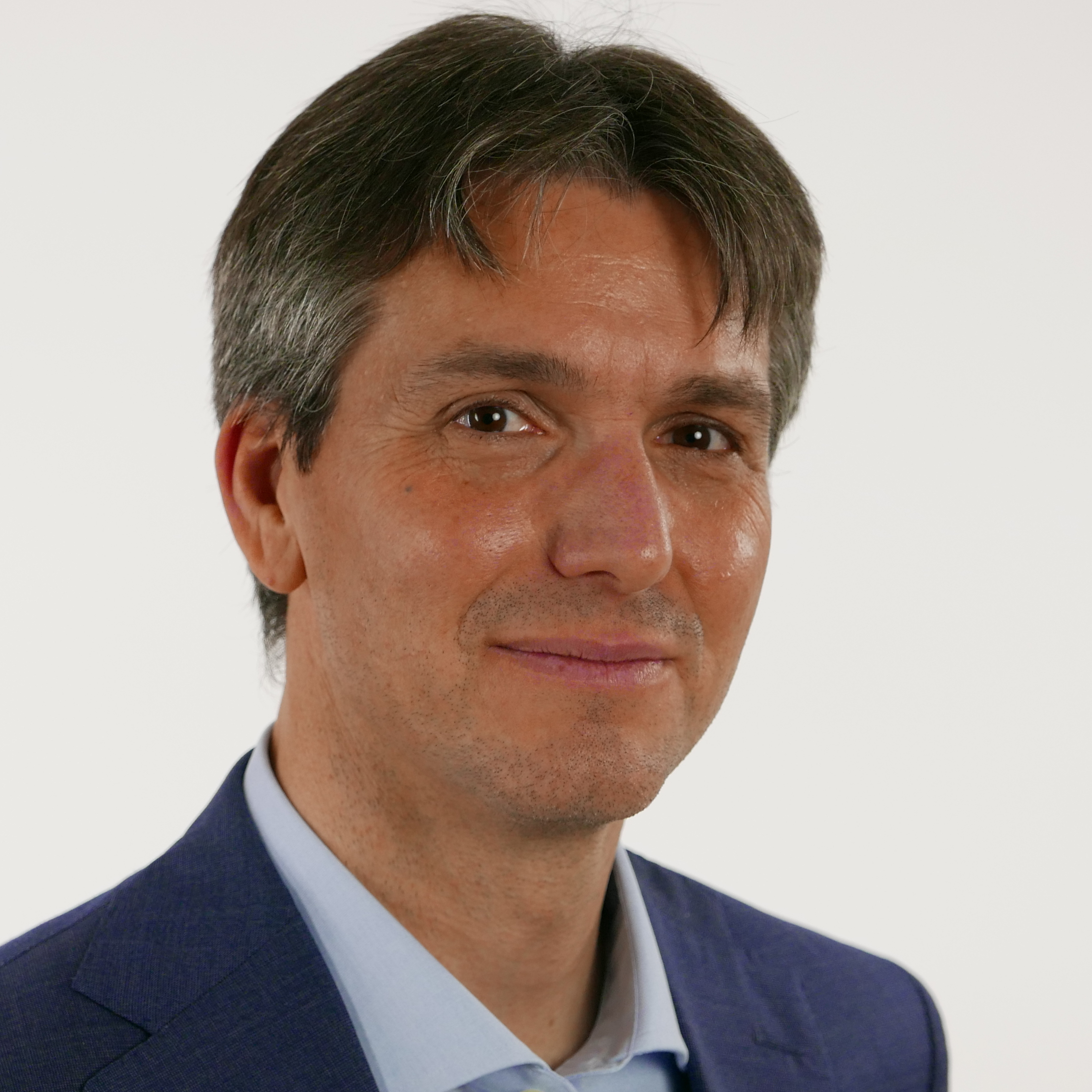
Alessandro Perego, Politecnico di Milano, School of Management
Alessandro Perego is Full Professor of Logistics and Supply Chain Management at Politecnico di Milano, where he is also Academic Director of the School of Management, Member of the Senate, Scientific Director of the “Digital Innovation” Observatories and of the “Internet of Things” Laboratory. He is Founder and Member of the Board of Directors of Fondazione Banco Alimentare Italia.
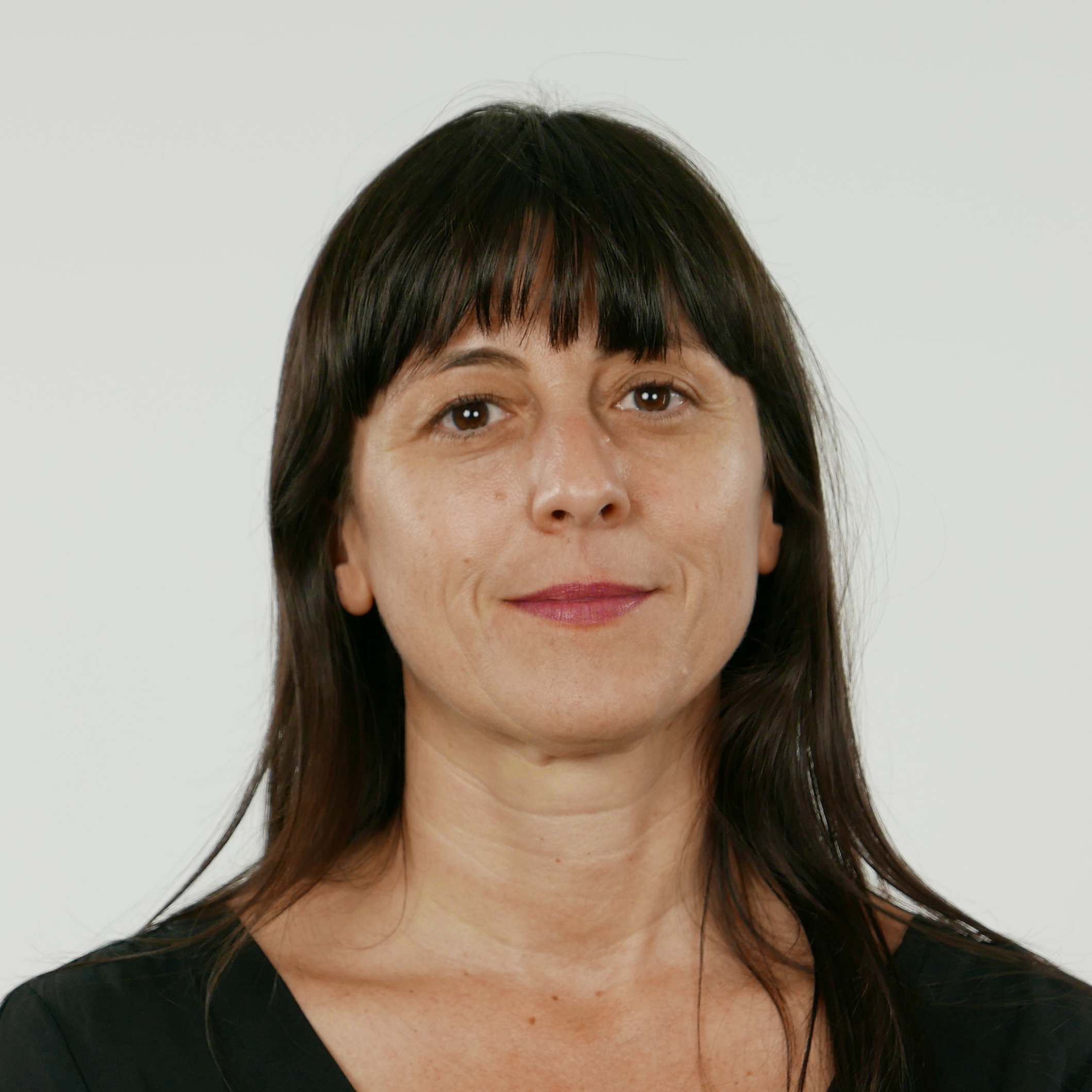
Barbara Del Curto, Politecnico di Milano, School of Design
Barbara Del Curto is associate Professor at the Chemistry, Material and Chemical Engineering Department "Giulio Natta", School of Design, Politecnico di Milano since 2010. She graduated in Industrial Design and she got her Ph.D. cum laude in Materials Engineering at Politecnico di Milano in May 2004. The research and teaching activity of Barbara Del Curto regards the design of materials and surfaces, with particular attention to innovative and functional materials, nanotechnologies and functional treatments of surface and their technology transfer in design, interiors, architecture, and textile/fashion, all sectors related to Made in Italy.
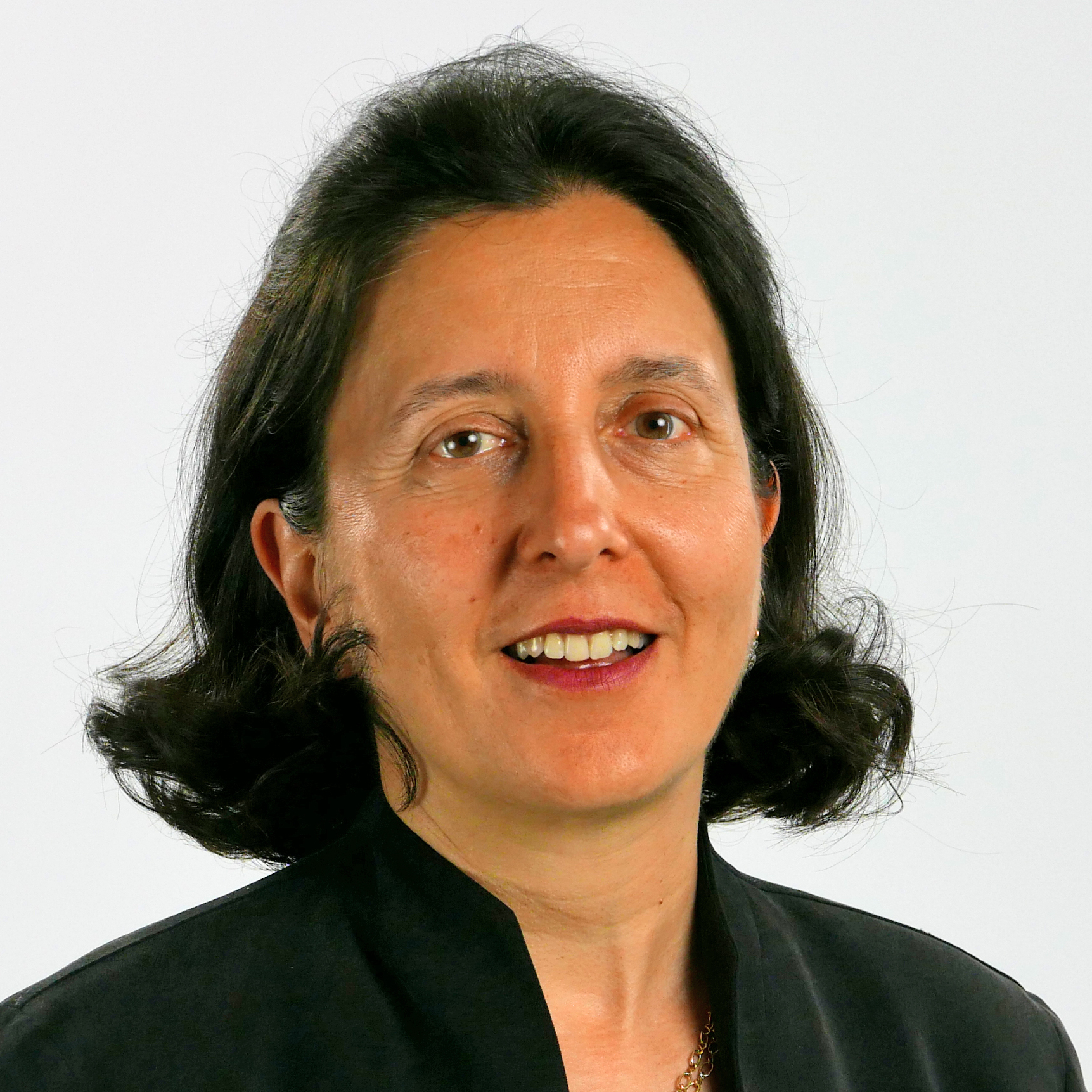
Paola Garrone, Politecnico di Milano, School of Management
Paola Garrone is Professor of Business and Industrial Economics at Politecnico di Milano. Her research interests include utilities economics and policy, and technological change in regulated industries. She has coordinated several national and international research contracts and grants in these fields. Recently, she has been working on the issues of surplus food redistribution, water innovation and infrastructure investments in developing countries.
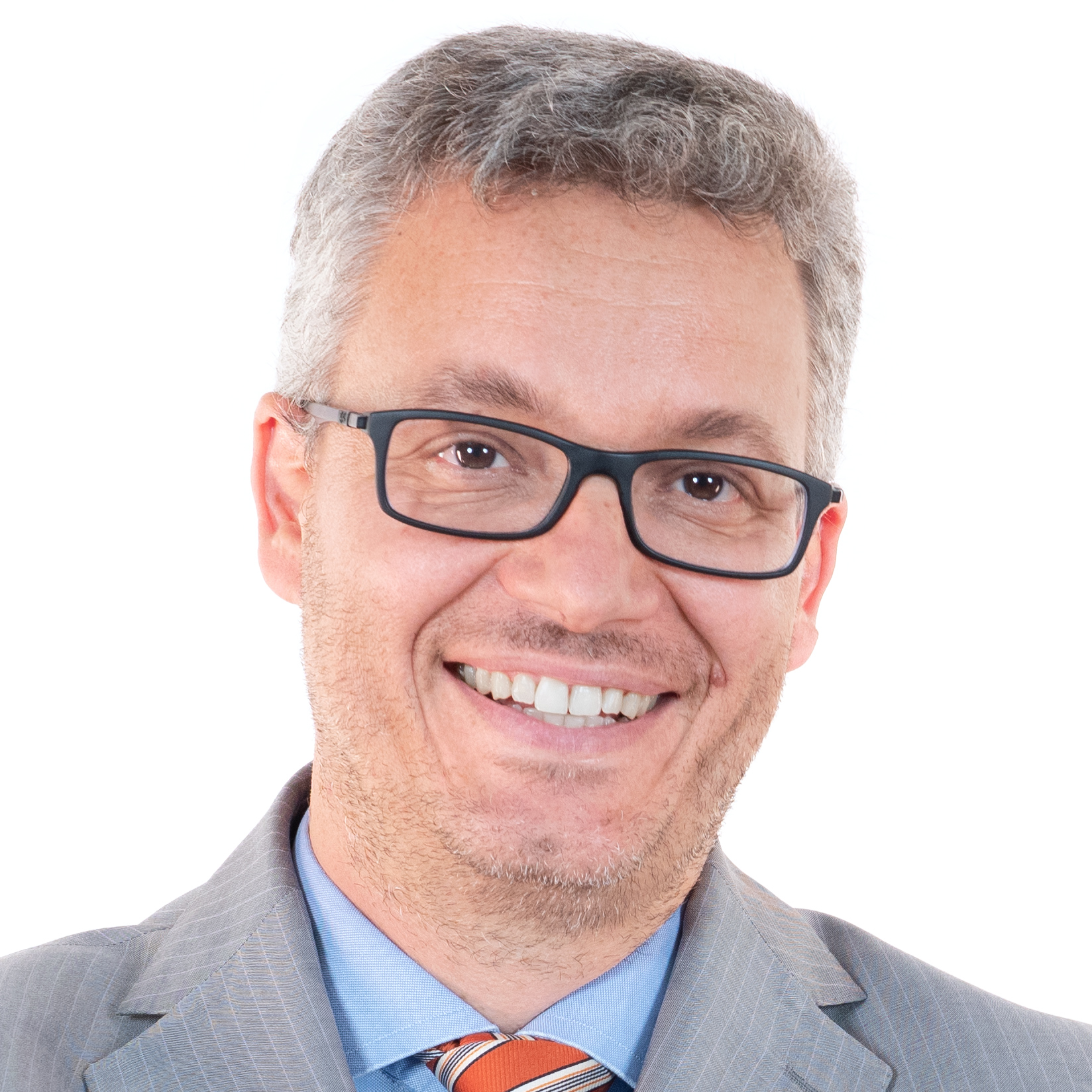
Marco Melacini, Politecnico di Milano, School of Management
Marco Melacini is an Associate Professor on Logistics at Politecnico di Milano. Since 2007 he has been director of the Physical Distribution course for executives at MIP, the Politecnico di Milano Business School. He was involved in over 20 research/technology transfer projects and since 2011 he has been scientific responsible for the “Observatory on Contract logistics”. His current research interests include: warehousing and material handling system design, global logistics networks, supply chain risk management and supply chain sustainability.
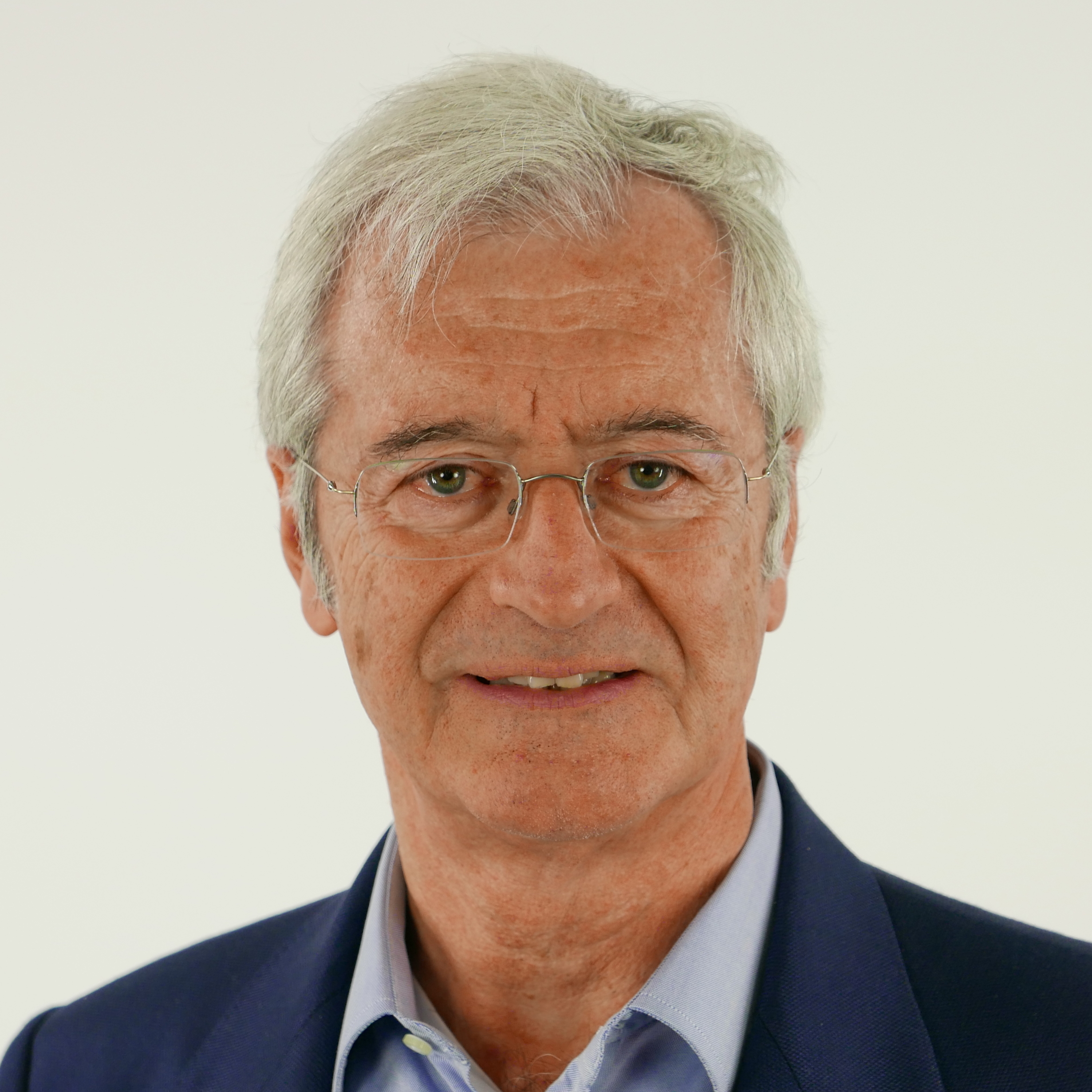
Andrea Giussani, Fondazione Banco Alimentare Onlus
Doctor of Laws, Andrea Giussani acted in Large National and Int’l Companies. HR Director at Nielsen, Janssen-Cilag, Winterthur and Aurora Ins and he covered many Line positions in Nielsen. He was General Manager in Aurora Insurance, President in Navale Ins., Companies of Unipol Group. Trainer, Management Consultant and Corporate Coaching certified. From 2012, President of Banco Alimentare Onlus Foundation. He had assignments in Foundations and other no-profit Organisations.
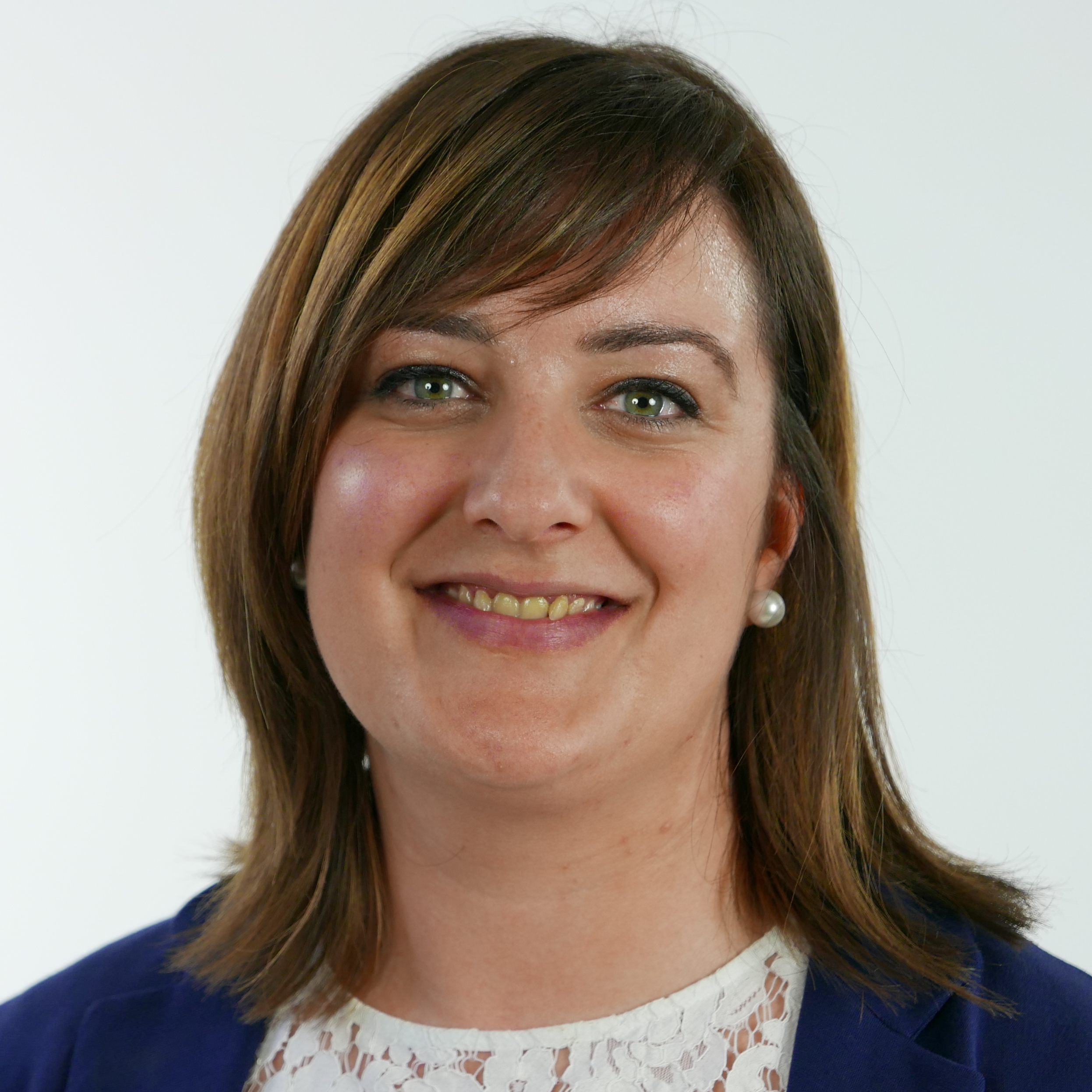
Angela Frigo, Fondazione Banco Alimentare Onlus
Angela Frigo works for Fondazione Banco Alimentare Onlus, where she is responsible for EU and International Relations. Her role involves advising on European legislation and policies on food, environment and social affairs, liaising with international and European institutions and stakeholders, and collaborating with the European Federation of Food Banks. She holds an Executive Master in European Union Studies from Université Libre de Bruxelles. Moreover, she holds a Bachelor of Arts and a Master’s Degree in Comparative Languages and Literatures from Università di Verona.

Martina Viganò, Fondazione Banco Alimentare Onlus
Martina Viganò works for Fondazione Banco Alimentare Onlus since 2015, currently as Food Supply Chain Assistant Manager. In 2014 she obtained a MSc in Development and International Relations at Aalborg Universitet, Denmark. Previously, she studied Foreign Languages for International Relations at Università Cattolica del Sacro Cuore of Milan, Italy. She spent 7 months in Tanzania undertaking an internship on a micro-credit project and for voluntary work.
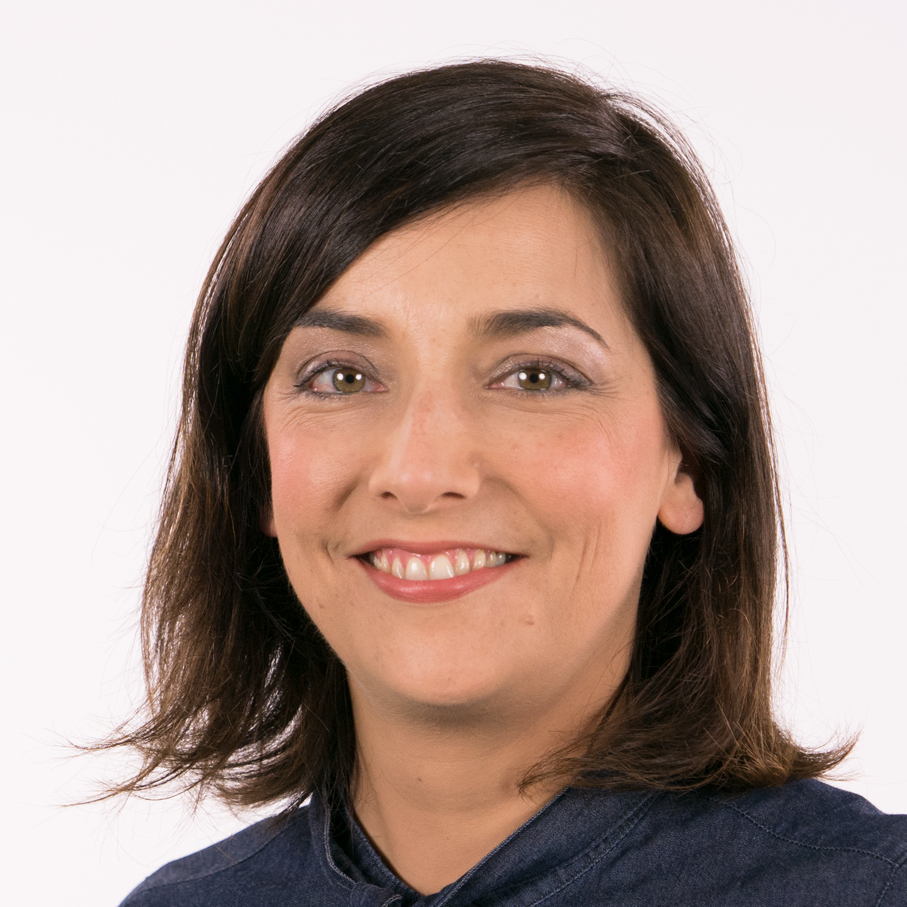
Lisa Casali, Pool Inquinamento
Both the environment and food are her bread and butter. Graduated in Environmental Sciences, Lisa Casali earned a Master of Economics and Management from Università Bocconi, Italy. Since 2005 she has been working at “Pool Inquinamento” consortium, where she is Pool Manager since 2017. At the same time she is nurturing the passion for sustainable food and engages in combating waste; she founded the Ecocucina (Eco-cuisine) blog along with developing many projects. She hosts several TV programmes and runs a daily column on RDS. She wrote 6 books, of which the last, “Quanto basta” (“As much as needed”) was just published by Mondadori.
Contact details
If you have any enquiries about the course or if you need technical assistance please contact pok@polimi.it. For further information, see FAQ page.